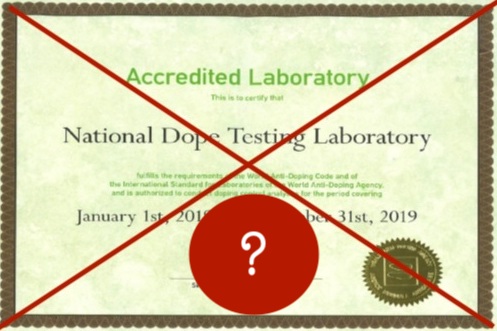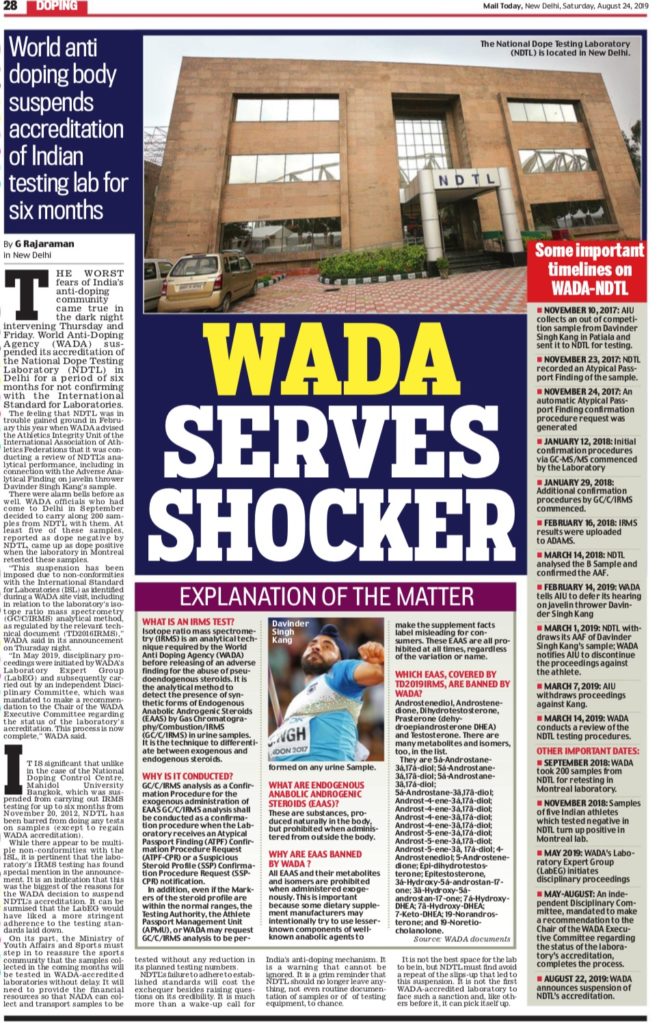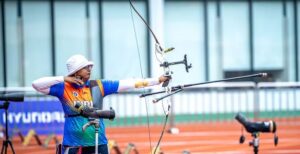
The worst fears of India’s anti-doping community came true in the dark night intervening Thursday and Friday. World Anti-Doping Agency (WADA) suspended its accreditation of the National Dope Testing Laboratory (NDTL) in Delhi for a period of six months for not confirming with the International Standard for Laboratories.
The feeling that NDTL was in trouble gained ground in February this year when WADA advised the Athletics Integrity Unit of the International Association of Athletics Federations that it was conducting a review of NDTL’s analytical performance, including in connection with the Adverse Analytical Finding on javelin thrower Davinder Singh Kang’s sample.
There were alarm bells before as well. WADA officials who had come to Delhi in September decided to carry along 200 samples from NDTL with them. At least five of these samples, reported as dope negative by NDTL, came up as dope positive when the laboratory in Montreal retested these samples.

“This suspension has been imposed due to non-conformities with the International Standard for Laboratories (ISL) as identified during a WADA site visit, including in relation to the laboratory’s isotope ratio mass spectrometry (GC/C/IRMS) analytical method, as regulated by the relevant technical document (TD2016IRMS),” WADA said in its announcement on Thursday night.
“In May 2019, disciplinary proceedings were initiated by WADA’s Laboratory Expert Group (LabEG) and subsequently carried out by an independent Disciplinary Committee, which was mandated to make a recommendation to the Chair of the WADA Executive Committee regarding the status of the laboratory’s accreditation. This process is now complete,” WADA said.
It is significant that unlike in the case of the National Doping Control Centre, Mahidol University Bangkok, which was suspended from carrying out IRMS testing for up to six months from November 20, 2012, NDTL has been barred from doing any tests on samples (except to regain WADA accreditation).
While there appear to be multiple non-conformities with the ISL, it is pertinent that the laboratory’s IRMS testing has found special mention in the announcement. It is an indication that this was the biggest of the reasons for the WADA decision to suspend NDTL’s accreditation. It can be surmised that the LabEG would have liked a more stringent adherence to the testing standards laid down.
On its part, the Ministry of Youth Affairs and Sports must step in to reassure the sports community that the samples collected in the coming months will be tested in WADA-accredited laboratories without delay. It will need to provide the financial resources so that NADA can collect and transport samples to be tested without any reduction in its planned testing numbers.
NDTL’s failure to adhere to established standards will cost the exchequer besides raising questions on its credibility. It is much more than a wake-up call for India’s anti-doping mechanism. It is a warning that cannot be ignored. It is a grim reminder that NDTL should no longer leave anything, not even routine documentation of samples or of recalibration of testing equipment, to chance.
It is not the best space for the lab to be in, but NDTL must find avoid a repeat of the slips-up that led to this suspension. It is not the first WADA-accredited laboratory to face such a sanction and, like others before it, it can pick itself up and resume its anti-doping work in all earnestness at the earliest.
Indeed, the anti-doping establishment must pull its socks up and get down to the task assigned to keep Indian sport as clean as is possible, avoiding further embarrassment on this front. For athletes and their counsel hoping to capitalise on NDTL’s setback, it must be said that if WADA found anything amiss in the positives declared by NDTL thus far, it would have pointed them out.
This piece was first published in Mail Today on August 24, 2019.







